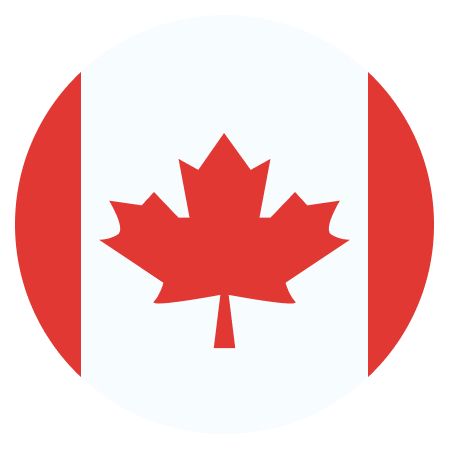

Immersive Immigration Services is founded by Cinthia Lilian Flores Medina a Regulated Immigration Consultant accredited by the College of Immigration and Citizenship Consultants (CICC). As a Mexican immigrant, she has personally experienced and navigated the complexities of the immigration process.
ISS is a legally constituted Canadian company whose main objective is to facilitate, guide, and support individuals wishing to immigrate to Canada, whether as visitors, students, workers, residents, or citizens.
Professionalism: We act with ethics, responsibility, and commitment in each of our services, maintaining confidentiality and respect towards our clients.
Empathy: We understand the needs of our clients and provide a close and personalized approach.
Effectiveness: We offer a timely and correct service by assessing the profile of each client.

The list of services regarding Canadian Visa -




Immersive Immigration Services is founded by Cinthia Lilian Flores Medina a Regulated Immigration Consultant accredited by the College of Immigration and Citizenship Consultants (CICC). As a Mexican immigrant, she has personally experienced and navigated the complexities of the immigration process.
Deciding to relocate to another country is challenging and involves numerous adjustments: cultural, familial, social, professional, climatic, and more.
These changes can lead to significant stress and discomfort due to the many decisions and actions required. Among these are the paperwork and document preparation, which can become quite daunting. However, with the assistance, advice, and guidance of a professional, your process can be much smoother and less stressful.
Lilian Flores brings over 8 years of experience in customer service across various business environments. Her roles have included serving as the head of public relations for a judicial court in Mexico and working as a controller assistant in a Canadian brewery, collaborating with suppliers and internal clients.
Her academic credentials, including a master’s degree in Business Administration and a degree in International Commerce, provide her with the foundation, skills, and knowledge necessary to deliver excellent service through professionalism, ethics, and empathy towards her clients.
Lilian Flores
Regulated Canadian Immigration Consultant
Licence number R713163
.png)


Temporary Residence Visa (TRV): is an official counterfoil document issued by a visa office that is placed in a person’s passport to show that they have met the requirements for admission to Canada as a temporary resident.
Visitor Record: A visitor record is a status document issued to visa-required or visa-exempt foreign nationals who are seeking to enter or are in Canada. It specifies the conditions and validity period of their temporary stay in Canada. A visitor record may be issued to extend or limit the length of stay of a temporary resident in Canada specify conditions applicable to the temporary resident during their stay.
Parent/ Grandparent Super Visa: A super visa lets you visit your children or grandchildren for 5 years at a time. It’s a visa that provides multiple entries for a period of up to 10 years. There are specific requirements for a super visa, including the need for health insurance.
The study permit is a document issued by an officer that allows foreign nationals to study at designated learning institutions (DLIs) in Canada. Most foreign nationals need a study permit to study in Canada.
The Temporary Foreign Worker Program (TFWP)allows Canadian employers to hire foreign workers to fill temporary jobs when qualified Canadians are not available.
Under TFWP foreign workers are generally required to have a genuine job offer from a Canadian employer who has obtained an LMIA and a work permit.
sponsor your family members to become permanent residents so they can live, study and work in Canada. Under family class immigration, the selection of permanent resident applicants is based on the relationship of applicants to their sponsors, who are either Canadian citizens or Canadian permanent residents.
Persons who may be sponsored:
The Express Entry program is a system used by the Government of Canada to manage applications for permanent residence from skilled workers. It is designed to expedite the process for qualified candidates who want to immigrate to Canada.
The BC Provincial Nominee Program (BC PNP) is an economic immigration program. It lets the province select economic immigrants who will live in British Columbia (B.C.) and help fill job vacancies or operate businesses. If you are nominated, you and your family can apply to Immigration, Refugees and Citizenship Canada (IRCC) for permanent residence in Canada.
The BC PNP has two main components:
Naturalization (Grant of citizenship) is the legal process that transforms a permanent resident into a Canadian citizen after meeting certain requirements.


Permanent Residency (PR): Permanent residents are allowed to live, work, and study anywhere in Canada. They have access to most social benefits and can apply for Canadian citizenship after meeting certain residency requirements. However, they are not allowed to vote or run for political office and may lose their PR status if they do not meet residency obligations.
Citizenship: Canadian citizens have all the rights and responsibilities of citizens, including the right to vote, run for political office, and obtain a Canadian passport. They cannot be deported and have permanent status in Canada.